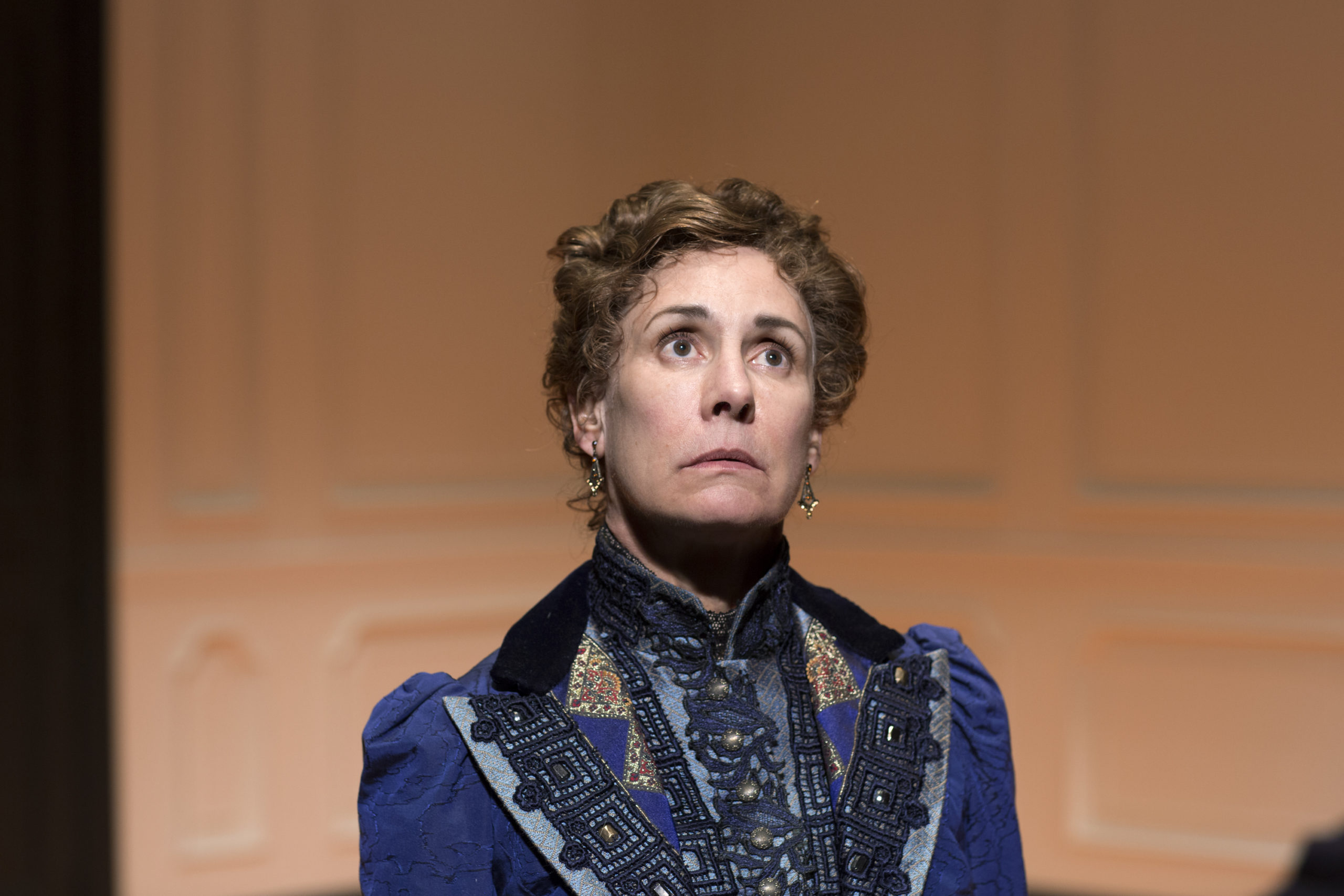
Find Out Why “A Doll’s House, Part 2” Surprises Feminist Audiences
There are ways around the problem if a man refuses, but they are very difficult. This is one of several aspects of Orthodox Judaism that I’ve always found troubling. It’s not part of my belief system, but its gender inequity is part of the fabric of being Jewish.
Under Norwegian law in 1879, as it’s explained by Nora, a man can divorce his wife at will, without even having to supply a reason, but a woman can only get a divorce if she accuses her husband of terrible things, like committing incest or threatening her life, and can prove it. Nora would rather not ruin Torvald and rather not be forced to lie, though she doesn’t seem to be above it. She’s not an unambiguously good person, which is part of the strength of Hnath’s play, and of the accomplished Laurie Metcalf’s stunningly powerful performance in the main role. You can admire this Nora, but you can also acknowledge that her ambition, self-absorption and abrasiveness are not entirely attractive or moral.
The play’s subtlety is hidden behind its rapid-fire repartee (expertly paced by the director, Sam Gold, who won a Tony last year for “Fun Home”) and occasional startling curse words (especially from the mouth of the staid-looking Anne Marie, played with a droll twist by Jayne Houdyshell, a Tony winner for “The Humans”). One of the funnier lines is Nora’s confident prediction that “20, 30 years from now, marriage will be a thing of the past,” as people realize how cruel it is and “how stupid we are.” Many in the audience when I attended found that prophesy so ludicrously ironic that they amplified their laughter with applause. It’s to Hnath’s credit that his jokes—I’m trying to give away as few as possible, because they rely on surprise—allow one to think of modern inequities. For example, beyond traditional Orthodox Judaism and similar practices in other cultures, women in general are often at a financial disadvantage in divorces, especially if they don’t have their own incomes—and at a disadvantage even if they stay, as the bravely egalitarian Ibsen recognized, too.
Another way that the production, aided by Gold’s touches, stimulates connections to today is by introducing anachronistic and other accents. The easy cursing is one. And soon after she arrives, Nora pulls a bottle of what appears to be water out of her capacious bag, tipping it up to take a hearty swig. Granted, the bottle is made of glass, not plastic, but the brief gesture is pure 21st-century. The furniture in the grand but sparsely furnished flat (a minimalist design by Miriam Buether) is mid-20th-century modern, with a cube-shaped cardboard tissue box sitting on a small table, while the costumes (by David Zinn) hail from the 19th century. And then there is the casting of Condola Rashad, who is African-American, as Emmy, Nora’s daughter.
As usually happens with such color-blind casting in today’s world, we soon focus only on Rashad’s delicate deadpan performance. Emmy wants to avoid a scandal that she believes would ruin her life. Smiling and polite—she claims she has no animosity toward her mother—she suggests that perhaps it would be better if her mother were dead. Does she mean pretend to be dead, or commit suicide? It’s hard to tell.
When the play delves into Nora’s feelings about abandoning her children, it evokes enough gravity to acknowledge that this is a painful and complicated topic. As for the conflicts between Nora and Torvald (a cipher in Chris Cooper’s surprisingly flat performance), they waver between brisk sparring bouts and vaudeville.
The conclusion of this delirious 90-minute show barely makes sense, but that’s in keeping with farce. I look forward to Part 3. Maybe in 20, 30 years…
The views and opinions expressed in this article are the author’s own and do not necessarily reflect those of Lilith Magazine.



